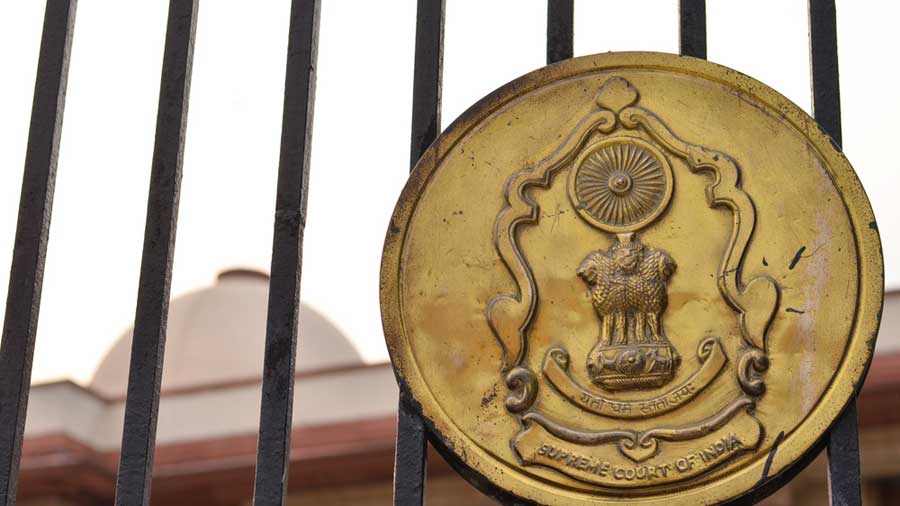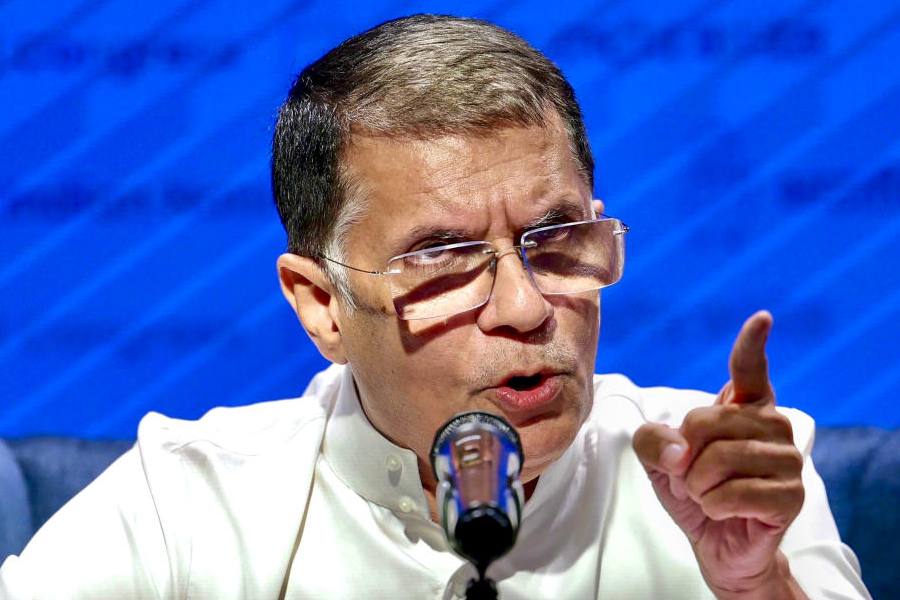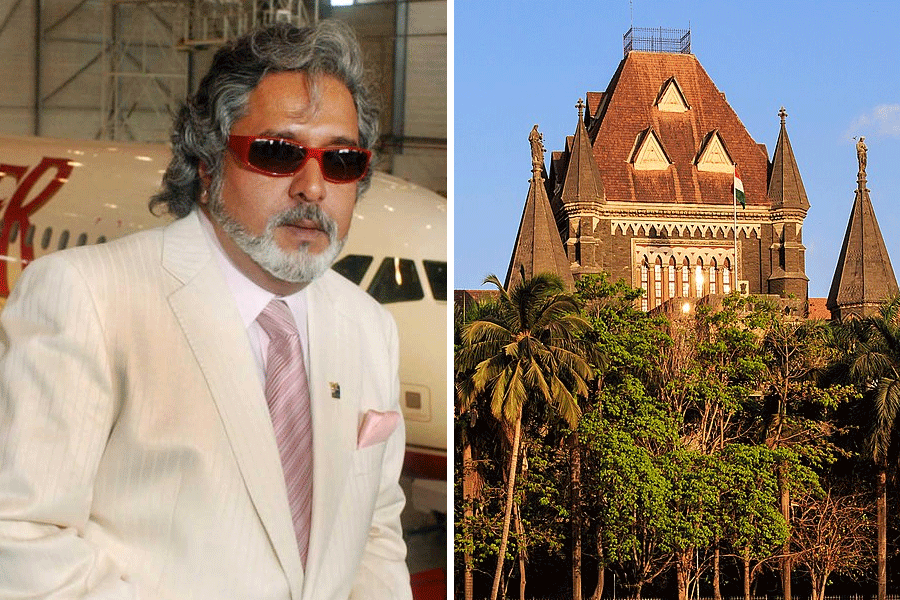The Supreme Court has agreed to take up next Monday two separate petitions challenging the Centre’s decision to block the screening or sharing of the BBC documentary, India: The Modi Question.
The petitioners have assailed the legal and constitutional validity of the emergency powers exercised by the Centre to block the documentary, saying the step violates the fundamental right to free speech and expression and information technology rules.
One petition was filed by veteran journalist N. Ram, Trinamul Congress MP Mahua Moitra and advocate Prashant Bhushan, and the other by advocate M.L. Sharma.
The bench, made up of Chief Justice of India D.Y. Chandrachud and Justices P. S. Narasimha and J.B. Pardiwala, assured the petitioners that the matter would be listed next Monday.
Senior advocate C.U. Singh, representing the three petitioners, brought to the court’s notice how tweets of Moitra and Bhushan were deleted using the emergency powers and students from Ajmer and other colleges were suspended for streaming the documentary. “We will list it,” the CJI said.
The petition, jointly filed by the three, sought a directive to restrain the Centre “from censoring the information contained in the British Broadcasting Corporation (BBC) documentary titled, India: The Modi Question and to call for and quash all orders directly or indirectly censoring the same, including but not limited to order dated 20.01.2023 passed by Respondent No. 1 (the Union government) and all subsequent and consequential proceedings arising therefrom.”
According to the petition, the order dated January 20 and subsequent steps resulted in the deletion of tweets relating to the documentary.
On January 19, Bhushan had tweeted a link to the documentary, which was followed by a similar tweet with the link from Moitra on January 22.
“The contents of the BBC Documentary and the tweets by Petitioner No. 2 & 3 are protected under Article 19(1)(a) of the Constitution of India. The contents of the documentary series do not fall under any of the restrictions specified in Article 19(2) or B restrictions imposed under Section 69A of the IT Act, 2000,” the petitioners said.
It referred to the Supreme Court’s earlier judgment in the Directorate of Film Festivals v. Gaurav Ashwin Jain, (2007) case.
The court had observed then: “The right of a filmmaker to make and exhibit his film is a part of his fundamental right of freedom of speech and expression under Article 19(1)(a) of the Constitution. A film is a medium for expressing and communicating ideas, thoughts, messages, information, feelings and emotions. It may be intended either for public exhibition (commercial or non-commercial) or purely for private use.”
The petitioners complained that the information and broadcasting secretary issued directives under Rule 16 of The Information Technology Rules 2021 to Twitter India to block 50 tweets with links to YouTube videos of the BBC documentary.
“The Government of India has not officially placed any document/ order... in the public domain which explains the reasons for the need to exercise its emergency powers under Rule 16...,” the petitioners said.
The other petition filed by Sharma, the advocate, in his individual capacity has pleaded that the “BBC documentary has reflected true facts with the original recording of the victims of the riots of 2002 as well as other concerned persons involved”.










